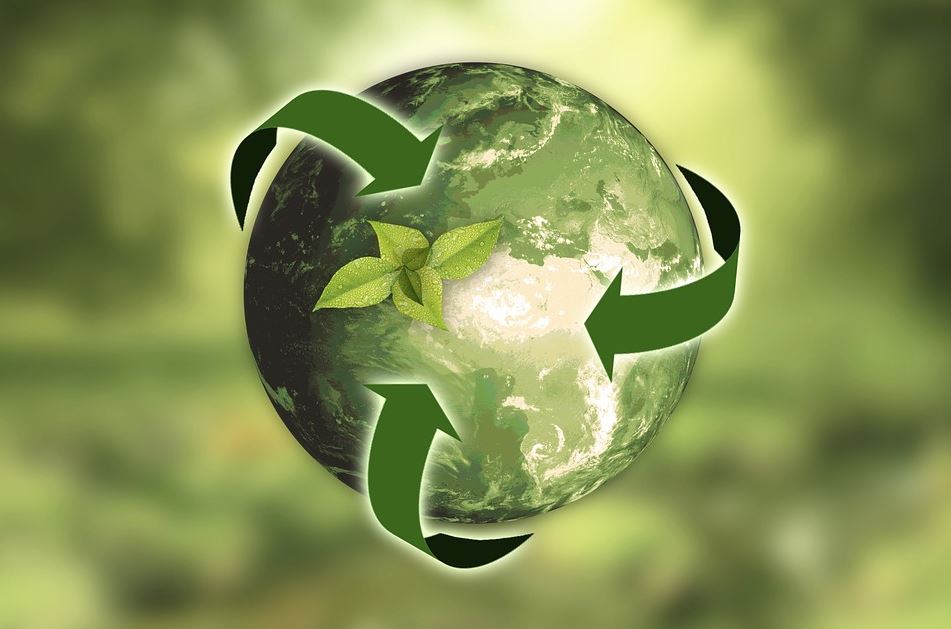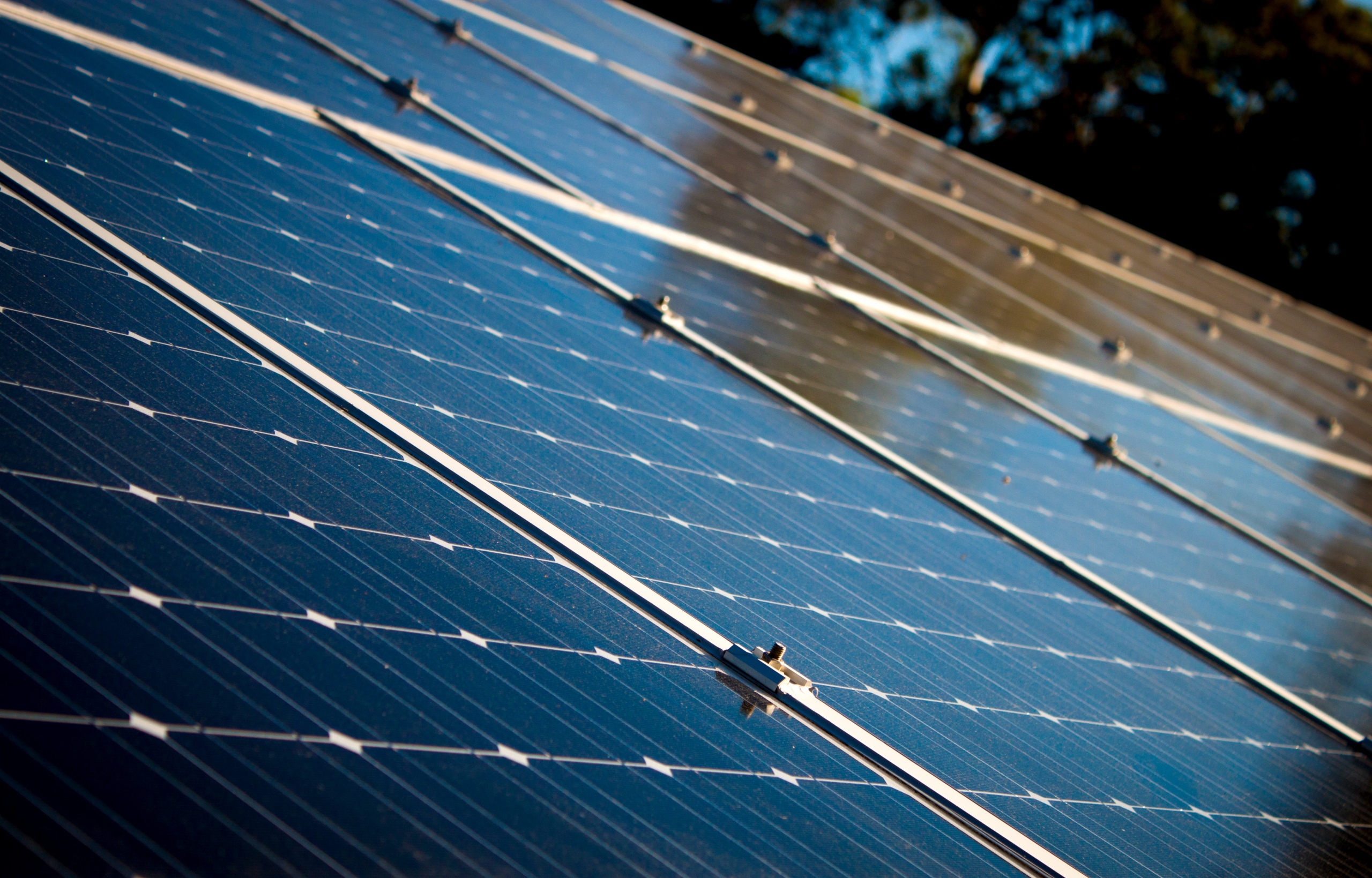We all hear it every day now—in the news, on the radio, we see it as the focus in sitcoms, dramas, films (including all of those B-list made-for-TV movies)—how climate change is bringing with it more and more imminent and deleterious effects, how we’ve caused it and are continuing to cause it. And we are seeing it in our backyards now, too: a summer that is too cool, a winter that is too warm, storms that are a bit too startlingly severe and violent, weather events that should be one-of-a-kind anomalies that are becoming more and more common-place.
Whether we act on them or not, these thoughts are with us almost constantly now—every time we see those ominous cumulonimbus clouds, hear the rumble of thunder in the distance, feel the wind change or the ground tremble beneath our feet. We know the weather is changing, becoming more extreme and more violent, and we think about it (and worry about it) constantly; but are we aware of all the other effects extreme weather currently has in store for us?
Extreme weather can be physically destructive in quite an apparent way, but its economic impacts—although frighteningly detrimental—seem to be disconnected from the climate change conversation when it should be right at the forefront.
How does Climate change affect our Economy?
There doesn’t have to be a major environmental catastrophe like an F-5 tornado or an 8.0 earthquake to mar the economy (although major disasters like those certainly do have an economic impact). Arguably, we are already in the midst of a climate change-induced major environmental catastrophe for a number of reasons.
The Polar Ice Caps are Melting
We’ve all probably seen the videos of how quickly the ice surrounding the North Pole is melting—but that’s a good thing, right? When the Northwest Passage opens up we’ll be able to decrease shipping times and extract the oil that has been up to this point inaccessible? Not exactly.
The melting ice is actually speeding up the global warming process. When the ice is completely frozen, it retains a bright white color, which reflects incoming heat and radiation, thus preventing melting. Now that it is melting, it is darkening in color, and instead of reflecting incoming heat and radiation is now absorbing it, increasing the rate at which it is melting, and thus perpetuating those steadily rising global temperatures.
But how does this detrimentally affect our economy when we can create economic gains out of having access to those heretofore inaccessible spaces?
Melting ice creates rising sea levels, which threaten the destruction of coastal areas. Further, the melting ice is releasing methane (50 gigatonnes of methane, to be exact) into our atmosphere, speeding up global warming and adding to the number and frequency of extreme weather. In fact, it is estimated that there will be a $60 trillion economic impact as a direct result of the polar ice caps melting. The melting ice caps are further going to affect ocean acidification and atmospheric circulation in ways that are not even calculable.
Much of the destruction which occurs as a result will hit developing nations that do not have the infrastructure in place to deal with the disasters. And none of these estimates on the cost of economic impact take into consideration the war which will inevitably occur between countries over ownership of the Northwest Passage (and all of its yet-to-be-mined oil).
Ocean Temperatures are Rising
As a result of melting ice caps as well as the overall rising temperatures, changes in ocean bio-geochemistry will be triggered. The oceans play a significant role in weather patterns, and changing ocean temperatures could mean more severe and damaging cases of extreme weather. Further, the currents may be changed, acidification will change, and the sea floor will be affected. Most of the changes will have incalculable effects, but they will all have drastic consequences for our global economy.
Increased cases of extreme weather will wreak havoc on infrastructure (and our shipping industry); however, a less apparent affect may be that which is directed towards the coastlines—but wait, isn’t that prime real-estate? Rising temperatures, levels, and acidification will devastate our developed coastline areas—including our beaches, which will have a serious affect on our tourist (or cottage country) economies.
Moreover, a lot of industries depend on our oceans. Rising ocean temperatures are devastating economically valuable species of fish, including the salmon population. Many fishing communities are experiencing serious economic distress as a result.
The entire global economy is at risk due to climate change, the extreme weather which occurs as a result, and the critical influence it has on our environmentally dependent economy.
This article was written by Rose Murray, a reporter on environment and science,who is currently researching the topic of climate change.





